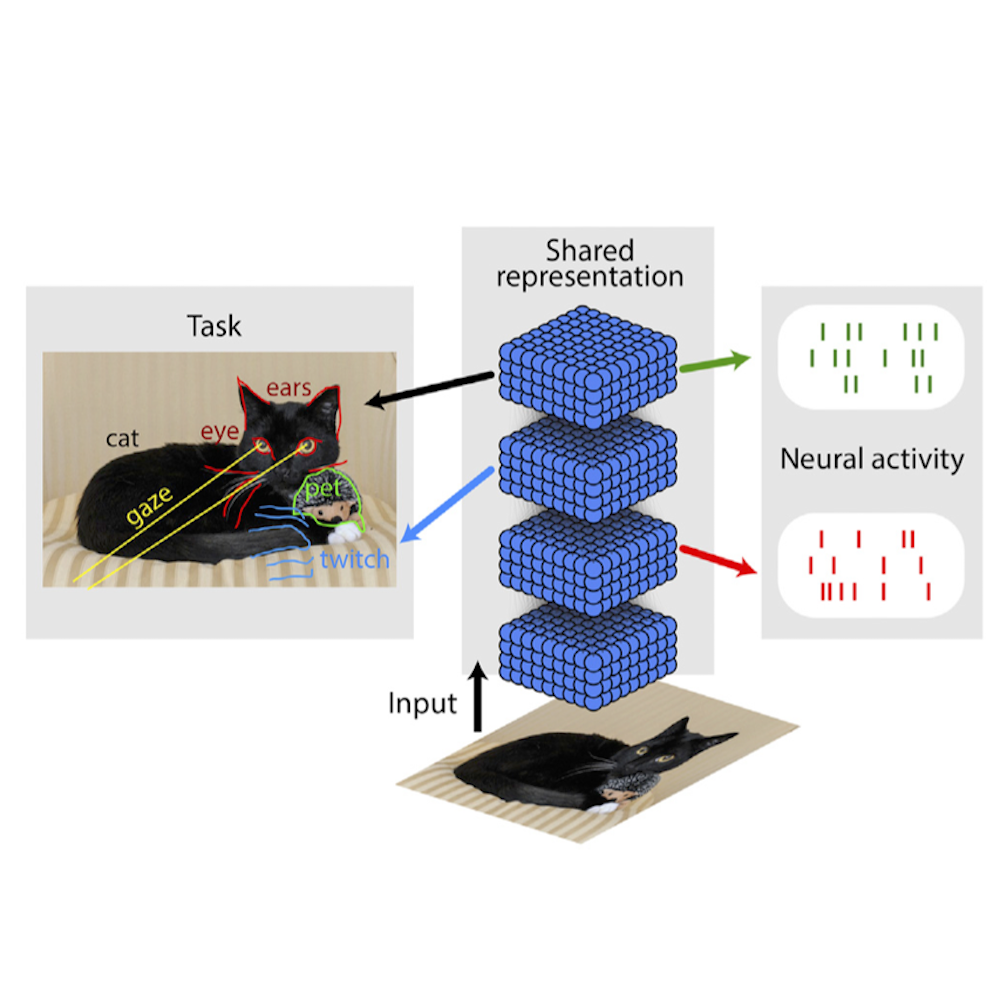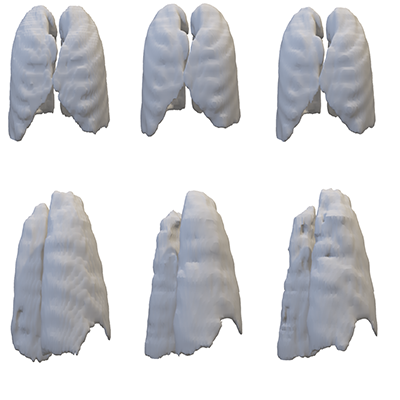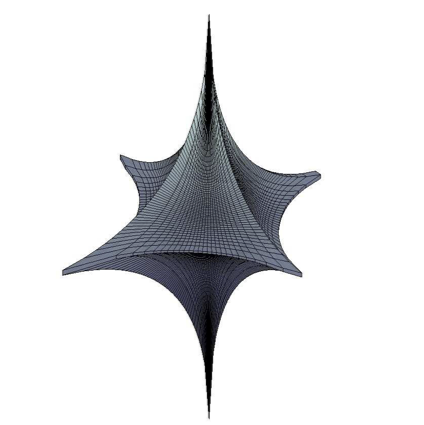Research
Despite huge advances in artificial intelligence (AI) and machine learning (ML), the mammalian brain is still unrivaled in terms of sustainability and speed of learning, and robustness in inference. One central goal of AI research is to build intelligent systems that exceed the capabilities of biological brains. However, to date we know very little about how computations in neuronal circuits give rise to biological intelligence. We use ML both as a testbed and a tool on large scale neuro-physiological and -anatomical data to better understand the constituent elements of neuronal intelligence. We are inspired by the idea that a deeper understanding of computational motifs in cortical circuits can help build the next generation of intelligent systems.
We develop intelligent algorithms for applications in medical research. Our applications span tracking of rodents in research and humans in rehabilitation medicine, to predictive models in neurodegenerative disease research and reconstructions of lungs in non-invasive imaging technology for space flight.
Research in life science often requires complex data analysis pipelines to transform multiple raw observations into reproducible insights. We are building software tools to support and accelerate this process.
For older and previous research projects, please refer to this section.



